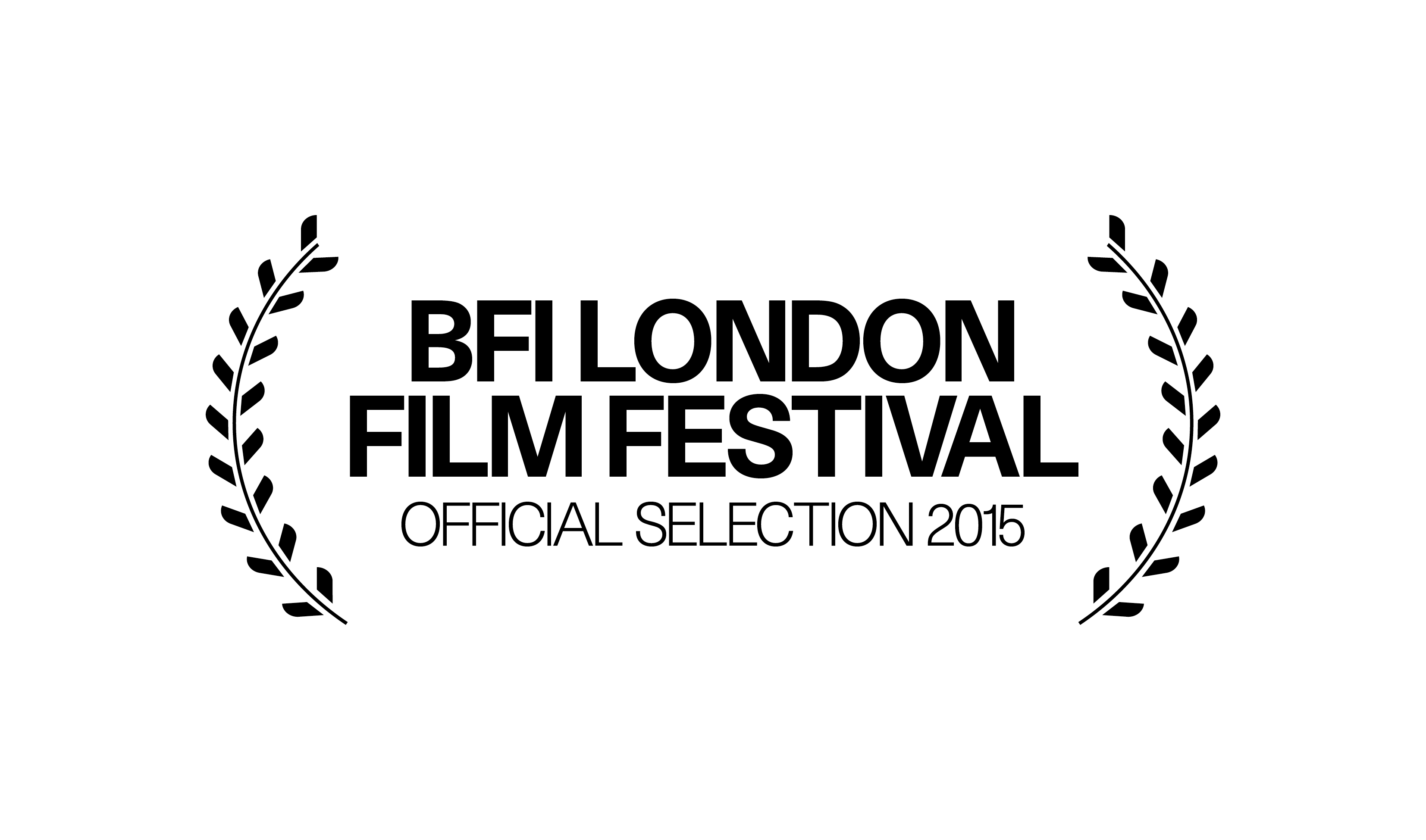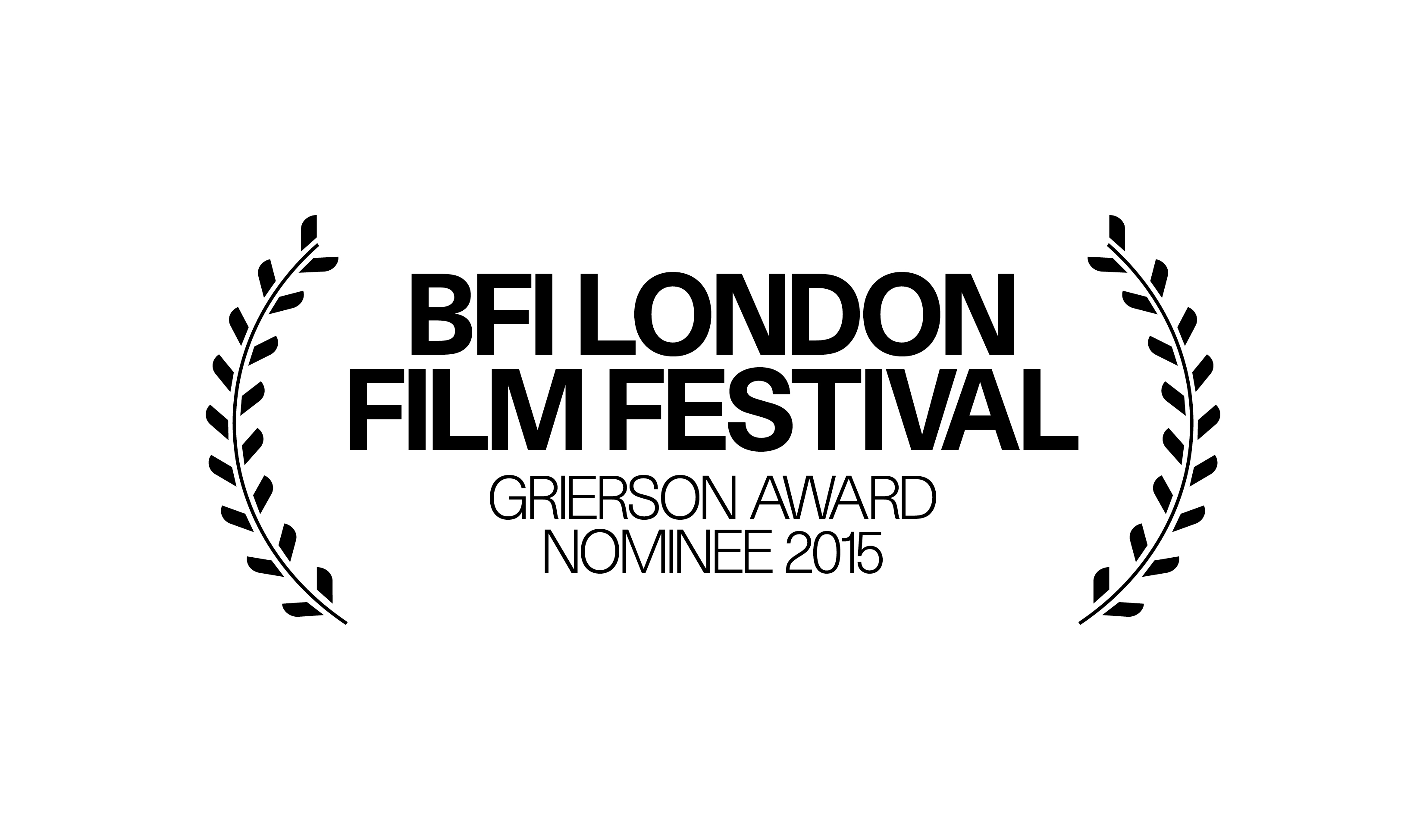
public house
I am a shareholder of the Ivy House pub, I lived opposite it when it was closed in April 2012 and was involved in the campaign to save it. Back then, the pub's staff were given a few days notice of eviction and closure; our cherished pub had been sold for conversion into flats. The energy of the community ensured this did not happen: the sale was blocked through an English Heritage listing, the pub was registered as the first Asset of Community Value in the UK, then triumphantly purchased.
When the Ivy House re-opened in August 2013 it felt like an exciting disruption to a now wearingly familiar cultural narrative - the needs of gentrification and capital privileged and the needs of a community sidelined. The Ivy House story has significantly rewritten this ongoing London narrative and suggests that the creative resistance of communities can propose alternative social imaginaries.
But all this came about through a deeply felt investment in the pub, not just as a public space that gives communal focus to our every day, but as a space that connects us with our past, our fictions and our present, and in so doing, allows us to think about our future. But these spaces are increasingly being privatised. Having documented key moments of the community take over for a number of years, I wanted Public House to explore how the resonances of individual and cultural memory which creates our investment in these spaces also suggests the potential to reinvent them, and in so doing, enables us to imagine a different social contract.
In order to do that I had to find a form for the film, which didn’t so much tell the story, as embody it. I thought of the soundscape as a participative memory work in order to give form to the collective voice and also to move from the I, to the WE, which in many ways is what the Ivy House story represents. The soundscape is composed of the voices of many pub users – past and present – engaging in ‘pub talk’: memories of the space as well as their fears, dreams, desires. In key moments in the film, these individual testaments build into harmonics, creating a choral refrain through the collective voice. Through this musical tapestry the film morphs from a document of individual memories, into the pub’s swing dance classes, which re interpret the movement of the 30’s in this 30’s space, through to the staged collective authorship that explores different forms of encounters through performance poetry - forms of community participation that are rooted in pub culture. Developing this movement from document into fantasy, which mirrors the cultural transformation of the pub, the film culminates in a mass community assembly, which takes the creative energy of the Ivy House out of the pub and onto the streets, where we ‘re-imagine’ William Blake’s first vision of angels on nearby Peckham Rye.
“A tree filled with angels, bright angelic wings bespangling every bough like stars.”
Ultimately, the Ivy House story speaks to the importance of the social function of pubs. What it means to be local, ideas of insider / outsider, community and participation, home and belonging, are the crucial anxieties of our age. Pubs are spaces that allow us to connect with others who are often quite different from us; the encounter with a stranger is at the heart of pub culture, and also - possibly - why we value it. What other spaces allow us to explore our own stories, both the events of our lives, and the complex human emotions which are staples of pub culture - lust, fear, desire and mourning – socially, in a public, as opposed to a private, house?
Sarah Turner, September 2016
